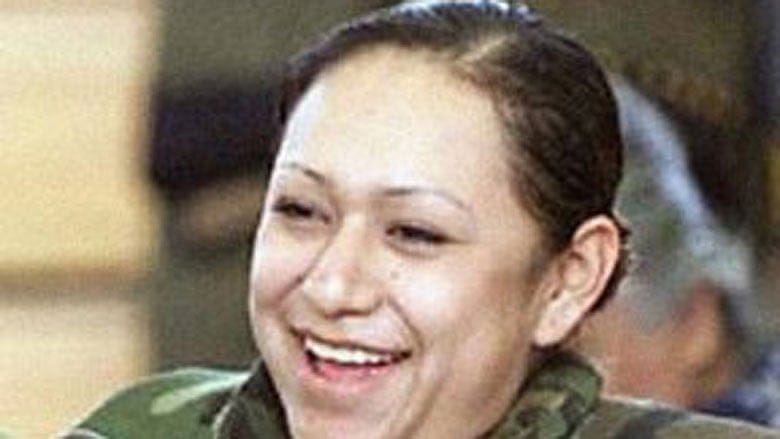Heroism and loss: The first Native American woman to die in combat

On a fateful day in 2003, 23-year-old Pfc. Lori Piestewa was traveling with a 600-vehicle convoy through the Iraqi desert before dawn. Three of the heavier vehicles, including hers, became lost. They ended up in the very city they had planned to avoid, Nasiriyah. When Piestewa's Humvee was attacked, she was taken prisoner and later died of her injuries. She became the first Native American woman in history to be killed in combat. Piestewa's heroism during the ambush was inspiring. But it came at a great cost: in addition to her life, she left behind two small children.
Piestewa was born on a Navajo reservation near Tuba City, Arizona. She was given the Hopi name Qötsa-Hon-Mana, which means White Bear Girl. Piestewa's family had a long history with the military. Her father, Terry, is a full-blooded Hopi Native American who served in the Vietnam War. Her paternal grandfather was also a veteran, having served in Europe during World War II.

